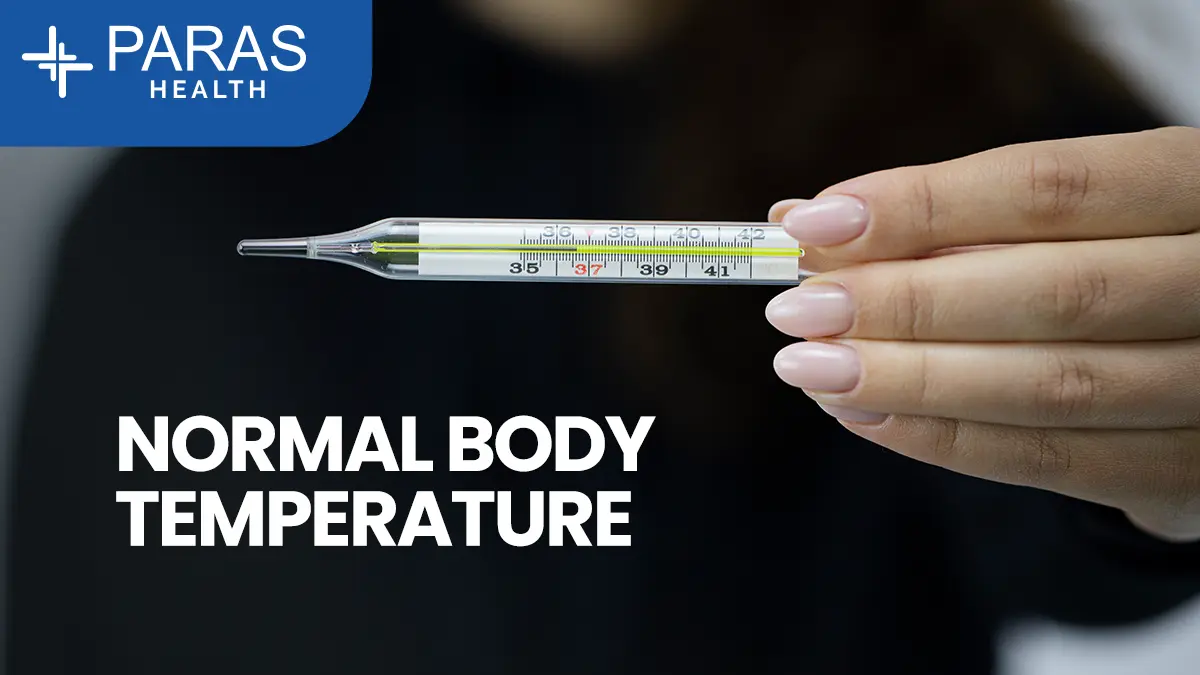Advice for Dengue patients during homecare
Apr 19, 2022
Immediate hospitalization is not needed even if patient is positive (+) for dengue NS1 antigen test as this may be determined by his platelet count. In such cases home care is very essential but it should be given only under supervision of a medical expert. Below are some of the important points to ensure during home care:
1. Physical rest is highly recommended. Staying at home without exertion.
2. Fever control – Use Paracetamol only. Do not use NSAIDs such as Ibuprofen, Diclofenac, Mefenamic acid, Celecoxib etc. Follow advice of a consultant on the dose of Paracetamol and fever control. Use sponging to bring down the fever.
3.Platelet count is usually done at 24-hour interval, if there are no signs of severe dengue. If the platelet count has reached a low value nearing 150,000/mm3, see your doctor immediately. Get all reports when visiting the consultant for the same.
4. Food – In case of dengue, one should be taking a soft light diet. Avoid taking red or brown colour food or drinks as they may mimic blood stained stools or vomitus.
5. Fluids: Fluids should include water and certain electrolyte solutions such as fruit juice or coconut water etc. Make sure the dengue patient is well hydrated to maintain a normal urine output.
6. Urine Output: Ensure adequate amount of fluids are taken to produce a urine volume per hour in milliliter (ml) equal to body weight in kilograms to prevent dehydration. Do urine measurement in at least every four hours to calculate the output. Passing urine more than the above expected amount is not a problem. If the urine output is less than the expected amount, the patient should consume more fluids to maintain the above urine output.
If the patient is feeling thirsty, taking additional fluids up to 3-4 times per day is allowed until the thirst subsides. But if thirst continues, then it’s time to seek medical help
Warning signs to seek immediate medical advice:
• Severe abdominal pain or persistent vomiting
• Red spots or patches on the skin
• Bleeding from nose or gums
• Vomiting blood or blood in stools
• Drowsiness or irritability
• Pale, cold, or clammy skin
• Difficulty breathing
• Severe headache








 (1).webp)
